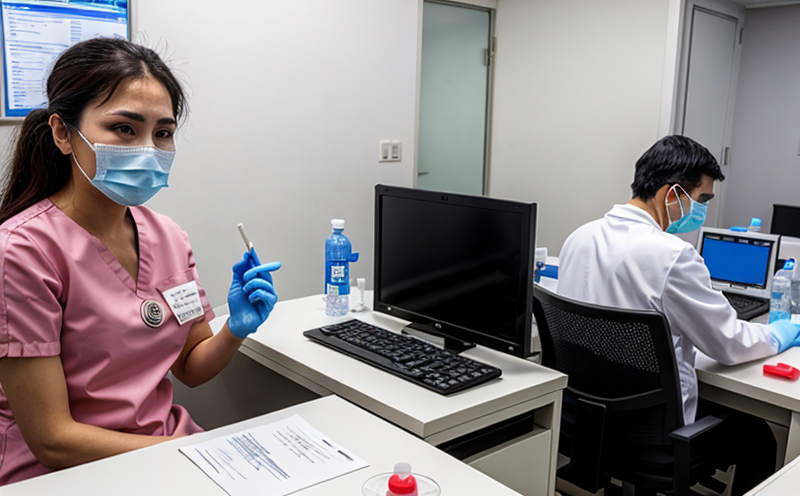Feline Herpesvirus PCR and Serology Testing
Understanding feline herpesvirus (FHV) infections is crucial in managing feline health. FHV-1, a major pathogen of the upper respiratory tract in cats, can cause significant morbidity and mortality. Our comprehensive testing service for detecting FHV through PCR and serology analysis offers valuable insights into an individual cat's immune status and potential risk factors.
The PCR test detects viral nucleic acid from a sample, which is highly sensitive and specific for diagnosing active infection. The serological test measures antibodies against the virus, providing information about past exposure or current immunity levels. Both tests are essential tools in the diagnostic toolkit for veterinarians and researchers aiming to understand FHV dynamics better.
Our laboratory uses state-of-the-art instrumentation, including real-time PCR machines and enzyme-linked immunosorbent assays (ELISAs), ensuring high accuracy and precision in our results. The testing process begins with specimen collection from affected animals, followed by meticulous preparation using standardized protocols to ensure optimal test performance. After processing, the samples are analyzed according to international standards such as ISO 15189:2017 for quality management systems.
The FHV PCR test is particularly useful in diagnosing acute or recent infections, while serology can assess long-term immunity and exposure history. These tests play a critical role in guiding treatment decisions, monitoring disease progression, and evaluating vaccination efficacy. Our service supports clinical teams by providing reliable data that informs proactive health management strategies.
Our expertise lies not only in the technical aspects of these tests but also in interpreting results within the broader context of feline health. We work closely with veterinarians to ensure that test outcomes are actionable, contributing to improved patient care and disease control efforts.
Why It Matters
The importance of FHV PCR and serology testing cannot be overstated. Accurate diagnosis is key to effective treatment, which can range from supportive care to antiviral medications like trifluride. For cats with chronic infections or those in shelters and breeding facilities where multiple animals are at risk, this testing ensures appropriate intervention.
Understanding the prevalence of FHV within a population allows for better planning of preventive measures such as vaccination programs and hygiene protocols. Additionally, these tests can help identify asymptomatic carriers who may unknowingly spread the virus to other cats. This comprehensive approach supports the overall health and well-being of feline populations by reducing disease transmission rates.
Customer Impact and Satisfaction
- Informed Decision Making: By providing accurate diagnostic information, our tests enable veterinarians to make informed decisions about treatment plans and preventive measures.
- Improved Outcomes: Early detection of FHV through PCR can lead to timely interventions that improve the chances of recovery for infected cats.
- Patient Safety: Reliable testing helps in identifying asymptomatic carriers, preventing further spread of the virus within households or communities.
Environmental and Sustainability Contributions
- Eco-Friendly Practices: Our laboratory adheres to stringent environmental policies, minimizing waste generation and ensuring proper disposal of hazardous materials.
- Sustainable Operations: By optimizing resource usage and reducing energy consumption, we contribute positively to our ecological footprint.





